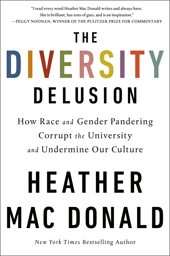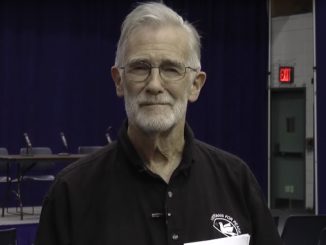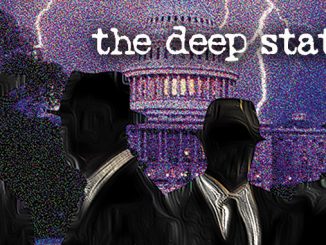Julian Assange’s testimony in the U.S. could help clear Mueller’s inquiry targets, lead to a new investigation into the murder of DNC staffer Seth Rich, but potentially send Assange to prison for life. No wonder he’s fighting extradition from Ecuador’s London embassy.
By S.T. Patrick
It is clear that WikiLeaks founder Julian Assange may one day find himself in an American courtroom facing charges that may or may not end his life of semi-freedom. What remains unclear is the specific nature of those charges. What the world learned in November, quite by accident, was that the United States has had secret, sealed charges against Assange in place for some time.
An errant filing by prosecutors led to the revelation that charges had been levied against the WikiLeaks publisher. The filing said that both the charges and the arrest warrant “would need to remain sealed until Assange is arrested in connection with the charges in the criminal complaint and can therefore no longer evade or avoid arrest and extradition in this matter.”
In response, the attorneys for Assange have filed an urgent petition to the Inter-American Commission on Human Rights (IACHR). The purposes of the petition are three-fold: Assange wants to permanently delay the possibility of extradition from the Ecuadorian embassy in London to the U.S., pressure the American prosecutors to reveal its sealed charges, and end the isolation under which Assange has been held for nearly seven years. In that time, Assange has gone from being a legal guest seeking asylum on Ecuadorian property in London to being an unwelcome guest and a valuable pawn in a global game of geopolitical chess.
Last week, CNN reported that special counsel Robert Mueller’s prosecutors are now saying they have communications between WikiLeaks and Roger Stone. While the new court filing provided no details as to what was contained within the communications, the prosecutors had previously stated that Stone had been interested in what WikiLeaks had received from an insider within the Democratic Party.
Assange’s desire to resist extradition to the U.S. may now be in direct conflict with the personal and political motivations of President Donald Trump. While any American courtroom could be dangerous to Assange’s future, Trump could benefit from a public forum in which Assange, on the record, lays out a chronology detailing how slain Democratic staffer Seth Rich was personally involved in transferring at least part of the Hillary Clinton-John Podesta emails to WikiLeaks. It would be the final death knell to an already flailing Russia-collusion theory regarding Clinton’s 2016 presidential loss. It would also open the doors to a new murder investigation for Rich, who was a Bernie Sanders supporter in 2016. Assange is in the unenviable situation of being a foreigner who could play a key role in an American presidential race—again. But, in doing so, he may go to prison for life, which is what his attorneys are trying to prevent.
The 1,172-page filing scolds both the U.S. and Ecuador for mishandling “a raft of legal obligations that the U.S. and Ecuador are flouting in their treatment of Mr. Assange,” said WikiLeaks in a statement. “The lawyers document Trump administration attempts to pressure Ecuador to hand over Mr. Assange, notably recent serious overt threats against Ecuador made by senior U.S. political figures, unlike the more veiled threats made in the past.”

The contention between the U.S. and Ecuador is interesting in light of the current political situation in Venezuela, Ecuador’s historical archrival. As the U.S. continues to support the installation of a politi-puppet to control the massively oil-rich Venezuelan economy, U.S. businesses friendly to influential politicians continue to gain more access. This is true “dollar diplomacy.” The recent coup d’etat in Venezuela also puts more pressure on neighboring Ecuador. The Americans will soon be at Ecuador’s doorstep. Will Ecuador fight or fold, where will that line in the sand be, and how will Assange be used in negotiations?
The plea to the IACHR is not legally binding. The organization is a self-governing promotor and protector of human rights within the Organization of American States. While its decisions bear no consequences in U.S. courts, a strong decision against the U.S. could be politically embarrassing and costly.
Assange, now one of the world’s most wanted men, has been housed in Ecuador’s London embassy since he was granted asylum in August 2012. His case is a focal point for issues of national security, regional conflict, the validity of asylum, a murder investigation, campaign leaks, hacking, questionable electioneering, and freedom of the press. If Assange loses his case in the U.S., what will that mean for media organizations that break major stories using government documents (e.g., the Pentagon Papers, torture in the Middle East, international foul play by the CIA)? Assange is simultaneously advantageous and disastrous to all parties involved, and thus why the general rules for handling have been “proceed with caution.”
S.T. Patrick holds degrees in both journalism and social studies education. He spent 10 years as an educator and now hosts the “Midnight Writer News Show.” His email is [email protected].




